#John Varley
Explore tagged Tumblr posts
Text

John Varley
#suitdaddy#suiteddaddy#suit and tie#men in suits#suited daddy#suited grandpa#suitedman#suit daddy#suitedmen#suitfetish#daddy#silverfox#business suit#silver fox#suits#british man#british men#businessman#John Silvester Varley#John Varley
95 notes
·
View notes
Text

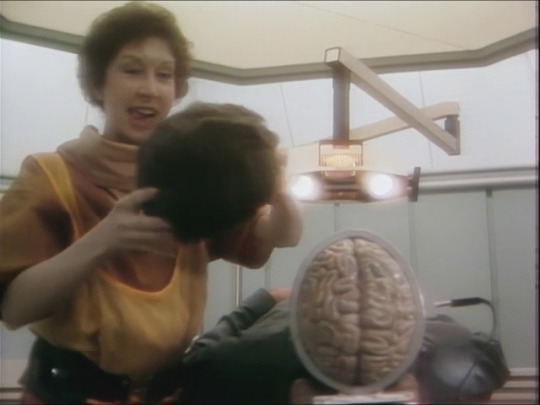
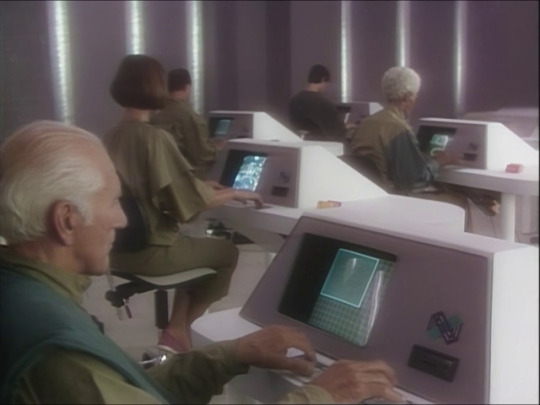
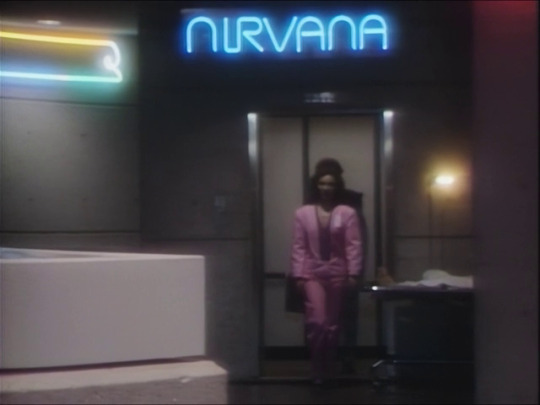



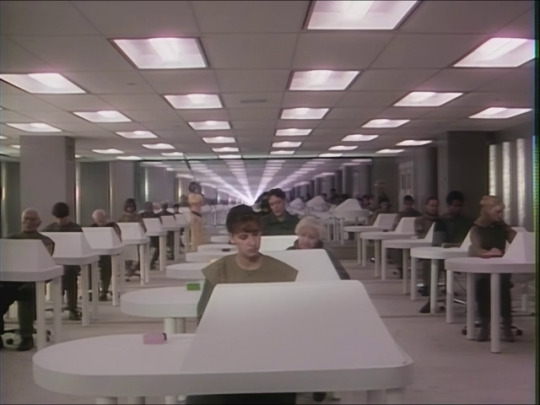
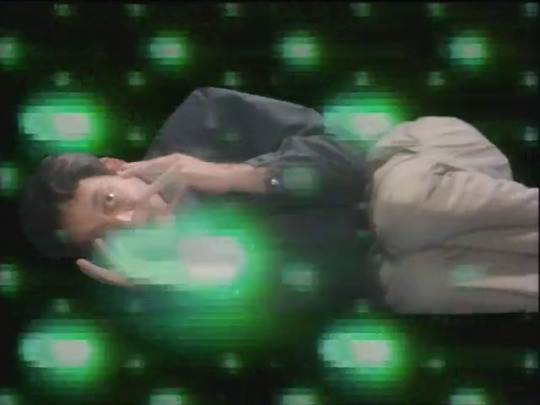

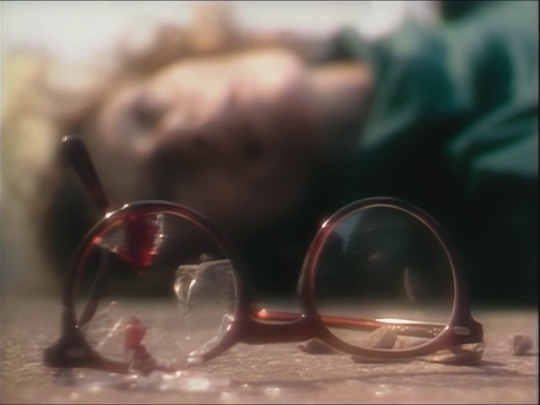
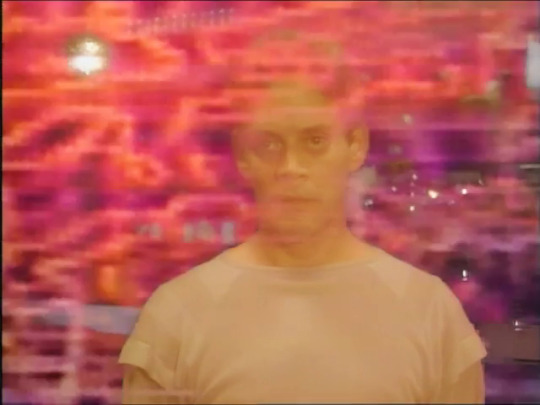





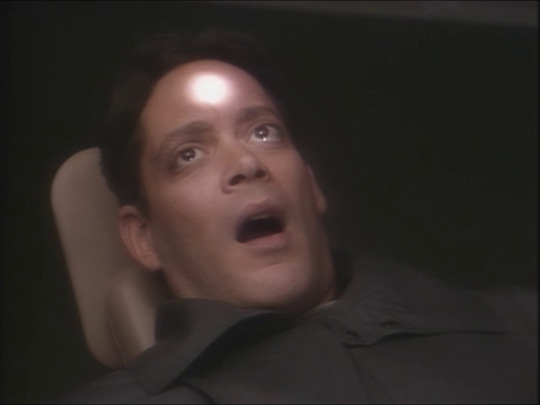


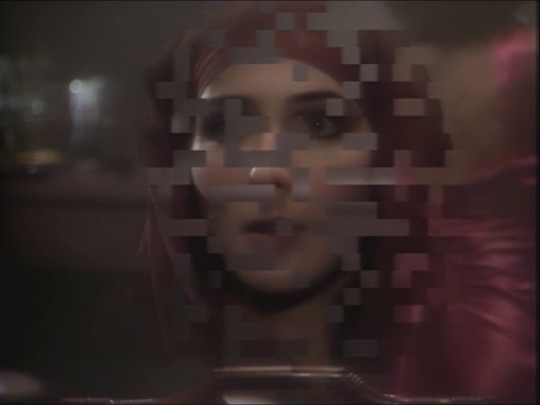

Overdrawn at the Memory Bank | 1983
#Overdrawn at the Memory Bank#Douglas Williams#Barry Bergthorson#John Varley#Raul Julia#Linda Griffiths#Donald Moore#mst3k#hammersmith horror#science fiction#Canadian scifi#80s scifi#dystopia#the matrix#sov#nirvana#film stills
249 notes
·
View notes
Text

A view of the south front of Polesdon Lacey, Surrey, John Varley
91 notes
·
View notes
Text

Suburbs of an Ancient City painted by John Varley (1778 - 1842)
90 notes
·
View notes
Text
The gofundme for SpyBoy's medical bills has stalled out at $430 of the $5200 we need. My husband is applying for jobs, and has a couple of interviews lined up, but...we're hurting. I have a large collection of books...signed first editions, fancy leather bound limited editions, etc. I'm going to be listing them for sale on ebay soon. If you see something you're interested in, let me know and we'll talk price and details. Signed and numbered limited edition leather bound John Varley, signed Mercedes Lackey, signed and numbered Poppy Z. Brite, signed Harlan Ellison, and more!

Here's the gofundme link for SpyBoy's vet bills: https://www.gofundme.com/f/save-spy-boy-urgent-medical-funds-needed My Venmo is @GwyndynAlexander
#books and reading#bookblr#books#books for sale#mercedes lackey#john varley#poppy z brite#harlan ellison#cats#mutual aid
9 notes
·
View notes
Text

John Varley - Albion Chapel and the Remains of London Wall and Bethlehem Hospital
11 notes
·
View notes
Text

THE GHOST OF A FLEA (c. 1820) by WILLIAM BLAKE
GHOST OF A FLEA may be one of BLAKE'S ’s strangest and weirdest paintings. The title refers to a series of sketches BLAKE did for the astrologer and spiritualist, JOHN VARLEY.
Fleas have traditionally been associated with dirtiness, greediness, and other negative qualities, when the flea appeared to BLAKEE, he understood it to be “…inhabited by the souls of such men as were by nature blood thirsty to excess.”
So fleas represent evil and wickedness, representing all the bad things about humanity. These anthropomorphic fleas were quite common in nineteenth-century art.
BLAKE decided to take this concept further by creating a giant flea, which is huge, muscular, and reptilian. It holds a cup full of blood in its hands. The cup is a symbol of the flea’s greed, and the flea is encased in theatrical curtains and star motifs.
The combination of GOTHIC STYLE and ROMANTICISM is evident in this work. It is both dramatic and macabre; it's a triumph of imagination.
40 notes
·
View notes
Photo
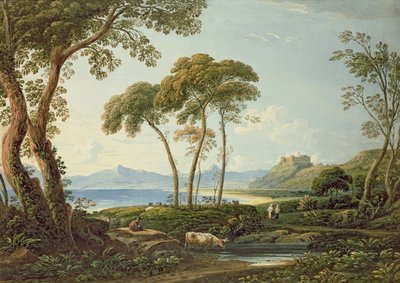
Landschaft mit Harlech Castle von John Varley
#kunst#kunstwerk#art#artwork#john varley#künstler#artist#landschaft#landscape#nature#natur#plants#pflanzen#cow#kuh#bäume#trees#grün#green#blätter#leaves#water#wasser#people#menschen#view#aussicht#harlech castle#schloss#castle
10 notes
·
View notes
Text
youtube
The cyberpunk aesthetic tells us right off the bat that whatever we’ve sat down to read/watch/play is set in ~the future~. Right?
In this episode, Ariel and Christina discuss cyberpunk’s origins not just as an intentional intervention into the science fiction genre imagination, but how it currently is used as a shorthand for a certain type of future - and whether it can really be said to be a future at all.
#solarpunk#Solarpunk Presents Podcast#podcast#podcasting#solarpunk podcast#cyberpunk#solarpunk and cyberpunk#cyberpunk aesthetic#future aesthetic#futuristic aesthetic#cyberpunk technology#cyberpunk literature#solarpunk questions#solarpunk narrative in a cyberpunk setting#the cloud#cyberpunk as a fantasy setting#show don’t tell#cyberpunk media#The Matrix#Neuromancer#Johnny Mnemonic#John Varley#Press Enter#cyberpunk critique of capitalism#Youtube
10 notes
·
View notes
Note
this shit got in interested i was researching on IBS (interplanetary British society) attempt to convince British goto space in 1947. and their concept of space suit (it was really interesting photos later) while I was scrying for this large rabbit hole. I FOUND the idea of organic suits (from this site) https://www.projectrho.com/public_html/rocket/spacesuits.php





is this plural I feel like maybe? because you can apply the same thing happening before plurality got acknowledge to DSM/Psychtatrical books. (my logic is) 1: gets denied 2: more research gets done 3: a "Schism" 4: becomes official but whats your take on it? british suit i was talking about it was a concept they made in 1949 (problem if I remember about it that it uses rubber... rubber if exposed to cold of space will boil and become britte. if heat it will just become really small)



Woah! This is an awesome find!
It feels incredibly plural to me. In the beginning, it was reminding me of Venom with the whole thing with the symbiotic suit bonding with a human host. And I would already classify Venom as a form of plurality.
But with the permanence of the bond, and the discussion of people denying that the Symbs had their own consciousnesses, it feels even more plural to me than even Venom does.
Thanks so much for sharing! It was a really interesting read! 👍
#plural#plurality#multiplicity#pro endo#pro endogenic#endogenic#pluralgang#plural system#actually plural#systems#system#endo safe#sysblr#systempunk#syspunk#actually a system#sci fi#john varley#speculative fiction#literature
6 notes
·
View notes
Text









Analog Magazine, January 1979. Cover art by Paul Lehr, with additional art by Janet Aulisio, George Schelling, Brad Hamann and Broeck Steadman. Voyager photography uncredited.
#analog magazine#vintage magazines#vintage scifi#voyager#john varley#sam nicholson#jon lomberg#orson scott card#donald r lambert#kenneth jon rose#robert thurston#paul lehr#janet aulisio#george schelling#brad hamann#broeck steadman
4 notes
·
View notes
Text

fuck Connor Freff Cochran, obviously, but these illustrations he did for Titan go hard as fuck
#a friend gave me a bunch of Varley's work years ago and i am kicking myself for not reading it sooner#this shit has me crawling on the ground absolutely feral with delight#i keep bothering gregg to read to him from it#john varley#freff
6 notes
·
View notes
Text
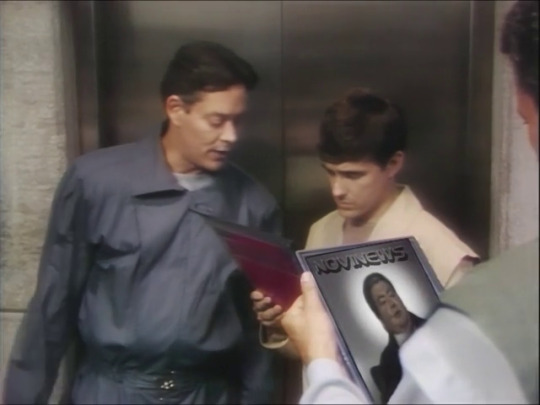


Honest question: Does anyone know of a film or TV series made before Overdrawn at the Memory Bank (1983) that depicts the casual use of tablets? Don't even think about saying The Flintstones
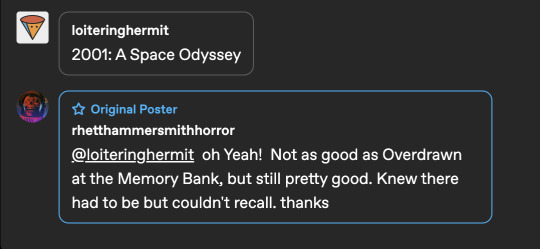
#Overdrawn at the Memory Bank#Raul Julia#John Varley#Doug Williams#80s scifi#mst3k#hammersmith horror#meme template
34 notes
·
View notes
Text
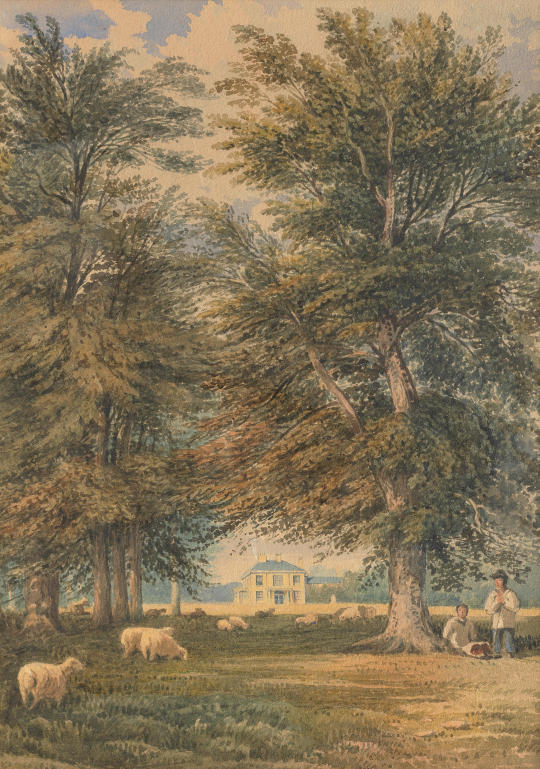
View of Polesdon Lacey from parkland with shepherds and sheep in the foreground, John Varley
92 notes
·
View notes
Text




This novel was published 1979 and is set in the 2025 year
A scientific expedition to Saturn planet in 2025, aboard the ship Ringmaster, discovers a strange satellite in orbit around the planet.
1 note
·
View note
Text
The allusion is to a comparison made by Wernher von Braun between the moment humans stepped on to the Moon and that in which the first tetrapod fish, ancestors of all reptiles, birds and mammals, came from sea to land. It is not, Mr Varley is telling us, the Moon that matters. The environment which will now shape humans is
"beyond the pale of humans, by crossing the limits imposed by the Creator"
not an environment to which technology takes them but technology itself. The future lies not in the mechanisms of movement but the mechanisms of information, transformation and simulation.
"The Moon: A History for the Future" - Oliver Morton
#book quotes#the moon#oliver morton#nonfiction#allusion#comparison#wernher von braun#moon landing#tetrapod#fish#ancestor#reptile#bird#mammal#sea#land#john varley#moon#environment#technology#humanity#limits#creator#movement#mechanism#information#transformation#simulation
0 notes